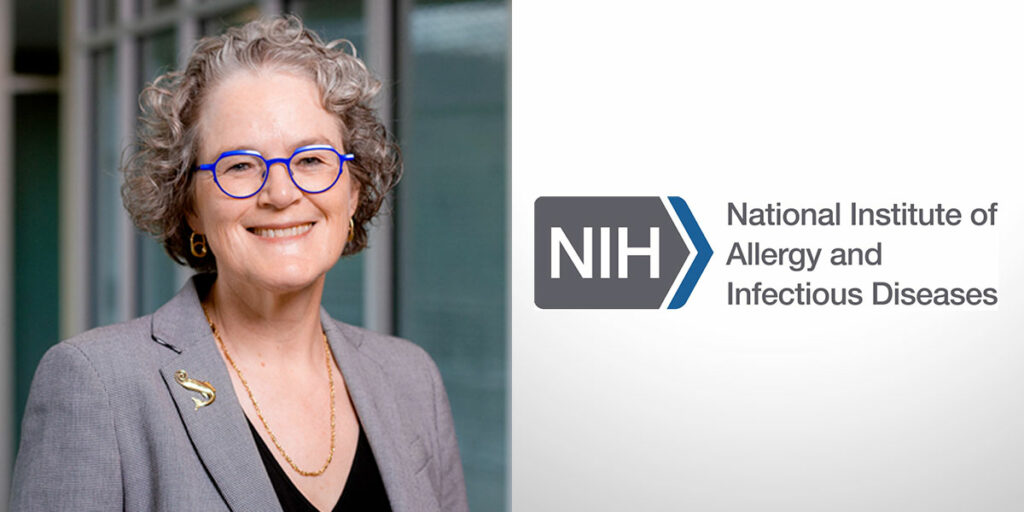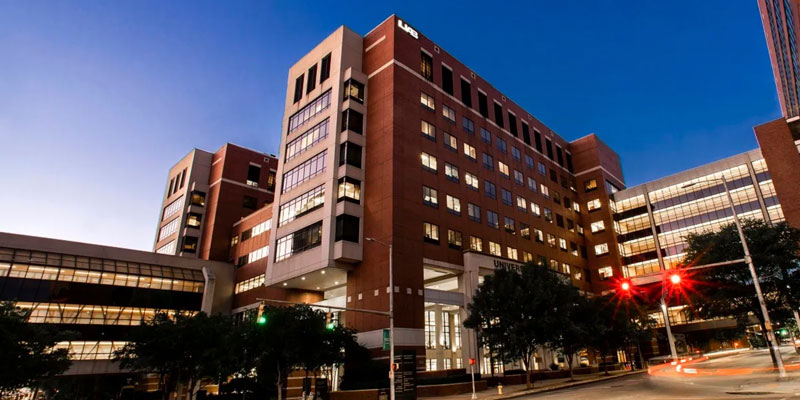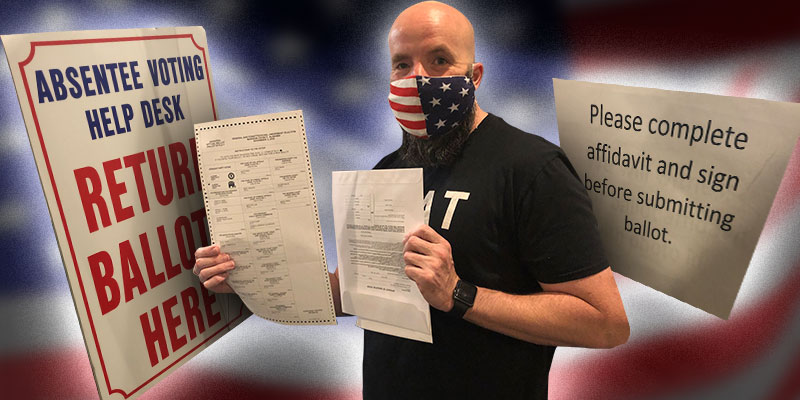One of the leading candidates to be the world’s first approved coronavirus vaccine had its phase 3 trial, a segment of which is occurring at UAB Hospital, temporarily suspended on Tuesday.
The vaccine in question was developed by researchers at Oxford University and is now backed by pharmaceutical giant AstraZeneca.
According to the medical industry publication STAT News, which first published the news of the delay, the trial was paused after a woman in the United Kingdom who received the vaccine was hospitalized.
Pauses in trials of new medications are common and part of scientific best practices, according to multiple experts.
The woman in the U.K. who caused the trial to halt appears to have a condition called transverse myelitis. Her condition has improved, and she will be discharged soon, according to AstraZeneca CEO Pascal Soriot.
It is not known whether the vaccine caused the condition. An independent committee is reviewing the situation and will publicize official findings in coming days.
The internationally recognized Mayo Clinic says that vaccines for infectious diseases “have occasionally been associated as a possible trigger” for transverse myelitis, though the clinic clarifies that “the association is not strong enough to warrant limiting any vaccine.”
A phase 3 trial is the largest and final round of testing performed on a new drug before it is submitted to regulatory bodies to be approved for widespread use.
AstraZeneca described the decision to pause the trial as “voluntary” and “routine.”
It is the second time the trial has been paused, according to STAT.
UAB is one of 62 sites in the United States where the Phase 3 trial is currently taking place. The American portion of the trial is expected to enroll around 30,00 individuals.
Dr. Jeanne Marrazzo, head of the UAB Division of Infectious Diseases, tweeted her thoughts on the news. (Editor’s note: Yellowhammer News edited Marrazzo’s post for clarity. The original can be accessed here.)
“Really critical to note that this is why we do clinical trials cautiously & science cannot be rushed: to carefully evaluate adverse events & ensure that participants are not at undue risk, & estimate risk: benefit at larger population level,” remarked Marrazzo.
Per STAT News, Francis Collins, the director of the National Institutes of Health, told a U.S. Senate panel that delays like the one in the AstraZeneca trial happen “in any large-scale trial where you have tens of thousands of people invested in taking part.”
“[S]ome of them may get ill and you always have to try to figure out: Is that because of the vaccine, or were they going to get that illness anyway?” Collins added.
Word has not been made public on when the trial will resume. AstraZeneca had said earlier in the year it hoped to have phase 3 trial results before the end of 2020.
Henry Thornton is a staff writer for Yellowhammer News. You can contact him by email: [email protected] or on Twitter @HenryThornton95












